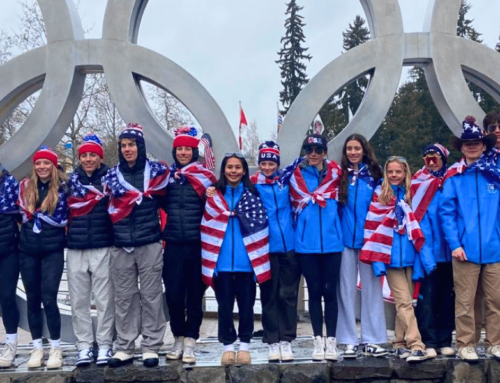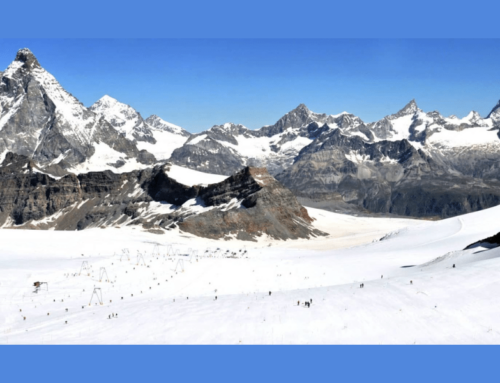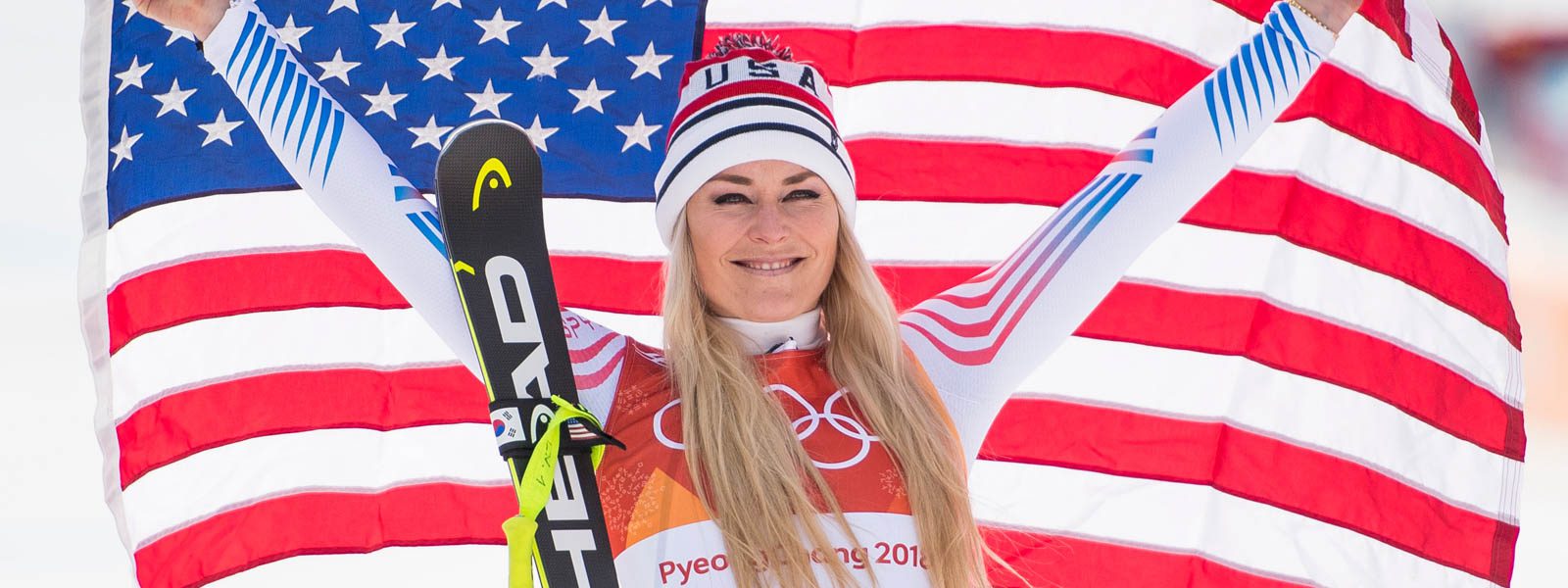Jackie Wiles is stronger than ever
It feels like a new era for Jackie Wiles who is back on tour feeling fully recovered and stronger than ever heading into the season. The 28-year-old Pacific Northwest-native was at the peak of her ski racing journey in 2018, landing her first World Cup podium months before the 2018 Olympics. Unfortunately, a devastating downhill crash in February ended Wiles’ journey to the Olympics, sending her into a year-and-a-half of intensive rehabilitation for an ACL tear and fractured leg.
Wiles was determined to return to skiing, setting up a quick six-month recovery plan, but she soon realized the requisite physical therapy, strength training, and emotional healing would force that timeline to be pushed back. Still hopeful to return to the Lake Louise World Cup in Dec. 2019, Wiles needed to trust the healing process and get back her mental confidence.
“There are different stages of mental recovery,” said Wiles. “For me it was learning to walk again, then trusting my knee without the stabilization support of the brace, then getting back to skiing, and finally back into racing.”
After extensive work with her physical therapist and in the gym, Wiles made it back in time for the 2019 Lake Louise World Cup. She felt that she was ready to ski at her best again, but suffered a tough competition season where her best results fell in the top 20, rather than top-10 finishes like the year prior. Wiles analyzed her skiing from last season, spending time watching video and recapping her results, and recognized that she may have felt ready, but when it came to technical execution she watched herself ski defensively.
“It was tough to return to competition last season,” said Wiles. “I really thought I was ready but I got the first year-after-injury out of the way, and I am excited for the next year.”

Going into the 20-21 season, Wiles needed to shift her perspective of the sport, bringing in a more mature mindset when it came to execution. Downhill, which Wiles considers a more veteran discipline, takes years for skiers to master. With time comes an increase of confidence after multiple years learning the terrain, speed of venues, and the best mindset going into raceday. For Wiles, it wasn’t until her injury that she gained the maturity needed to ski strategically, rather than pushing to her limit every time.
“I think you peak a little later because you learn those little neousenes that help you get better and be a little bit smarter,” said Wiles. “In a twisted way, injuries help you become a better racer.”
Wiles new mature approach to skiing has her evaluating when to take risks and when to keep consistent. When approaching the start gate before her injury, Wiles was focused on skiing as hard as possible, finding the fall line and searching for aerodynamics. Sometimes her skiing would be fast and result in top-10 finishes. Other times, it was dangerous.
Wiles never had the fear of injury before her crash in 2018, but now recognizes how quickly things can change. Her current approach balances when to push her limits and when to have a smarter approach in critical sections of the course, ultimately getting her to the finish line in one piece. Now after a full summer of preparation, strength training, and on-snow training, Wiles has the confidence to go into this season with a refreshed mindset and without fear for her knee.
“My body finally feels amazing for the first time,” said Wiles. “I don’t have any more post injury joint pain or stiffness. For the most part I finally feel really strong and I’m probably the most fit ever.”
A new responsibility falls on Wiles’ shoulder moving forward, now considered a veteran on the U.S. Women’s Speed Team. Before her injury she considered herself a young “up-and-comer,” competing against Julia Mancusco, Lindsey Vonn, Leanne Smith, and Stacey Cook. When returning from injury, those veterans had retired. Now Wiles aims to deliver her insight and advice to her younger, energetic teammates.
“When I was first in the speed group it was amazing to have these veterans that I could pick and learn from them,” said Wiles. “Now I feel I am in a role to help out the younger girls and it’s exciting to see their energy about everything.
“There is no need to worry about what we can’t control,” she added. “I’m just going to have the mindset that we are racing the full schedule. Like in bad weather moments the moment you think it will be crap, you are already out of it with that mindset. With a positive perspective you can have a way up on everyone.”





















